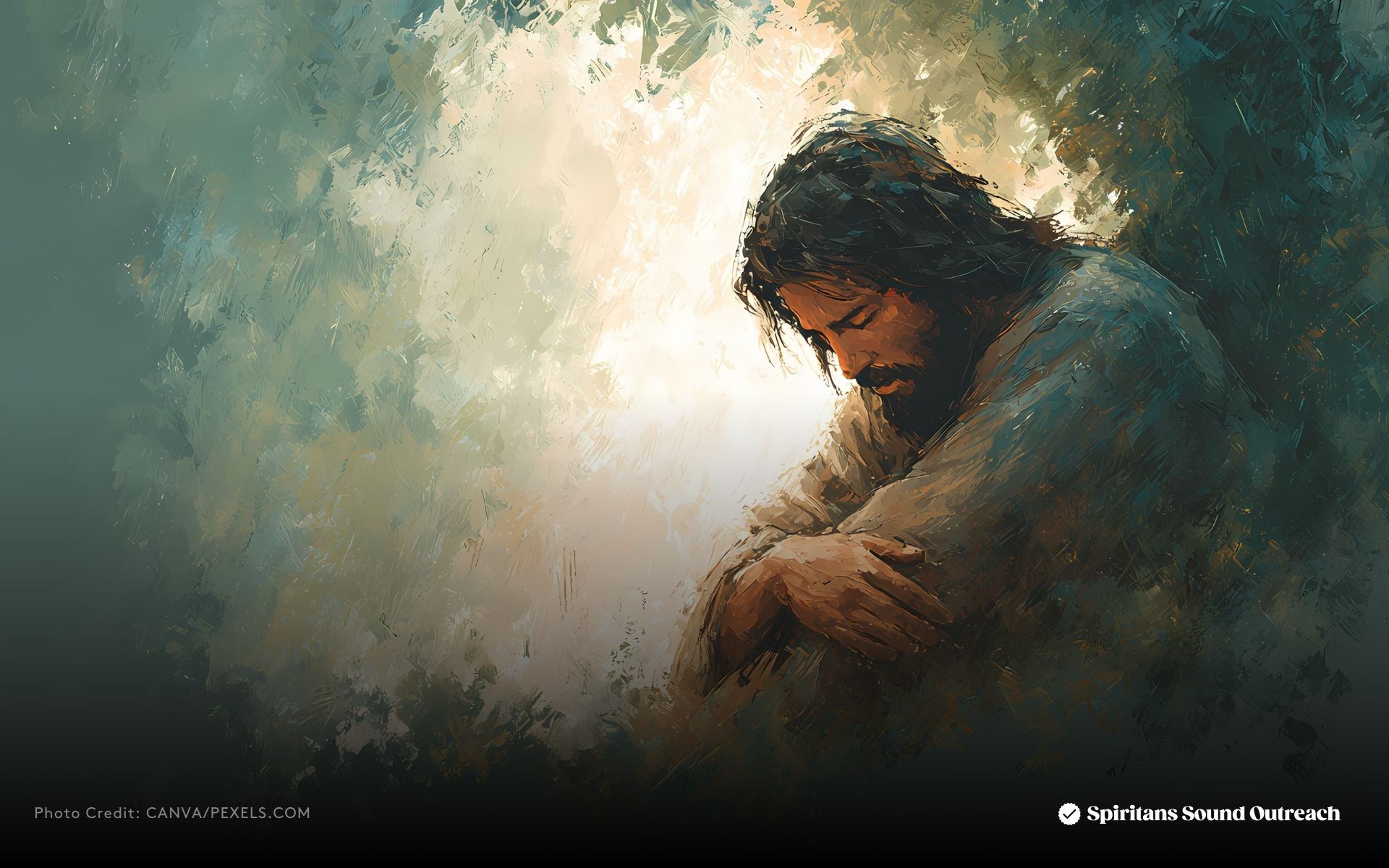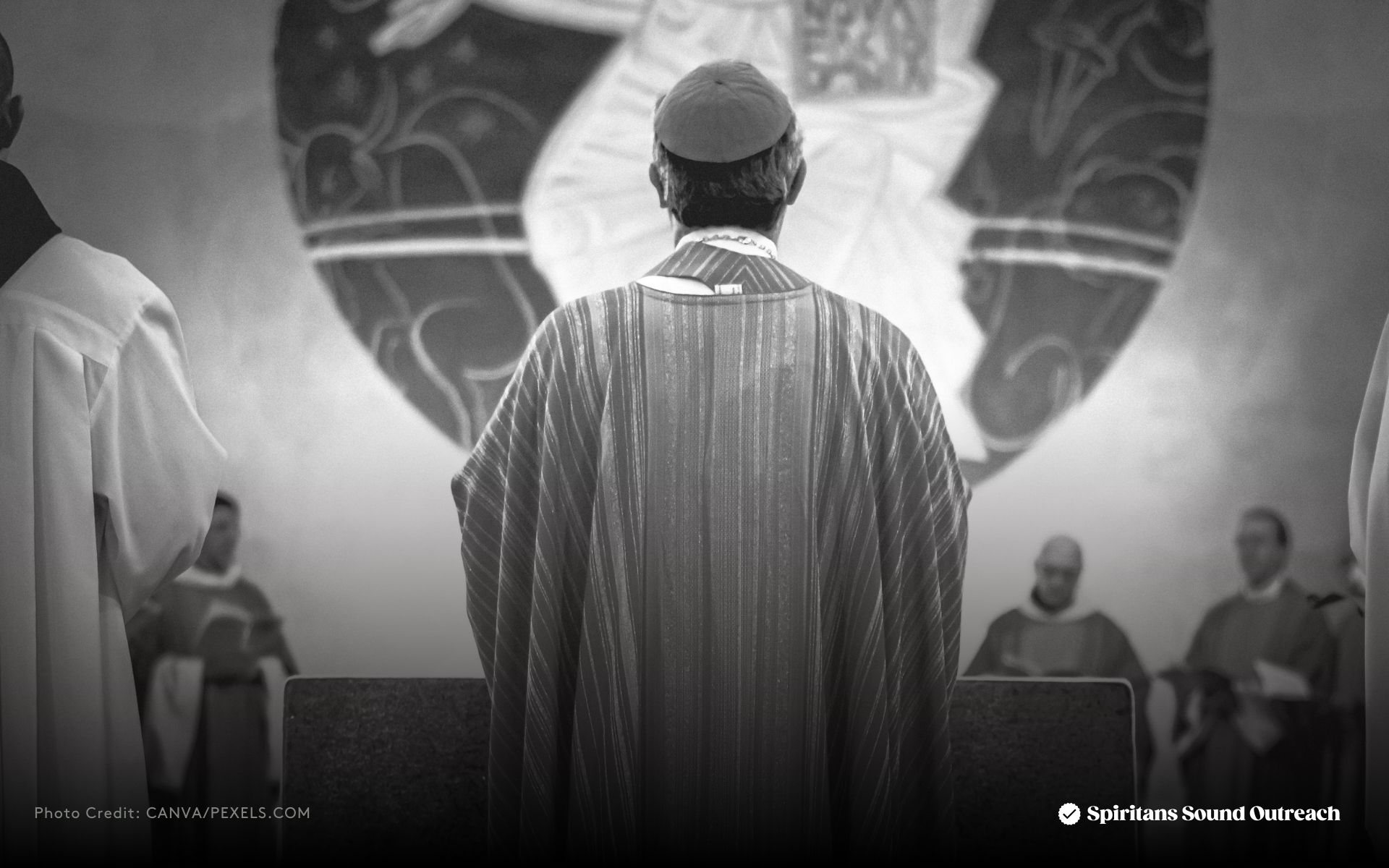The call of God is not a voice booming from the clouds. It is not a phone call from heaven, not a text, not an email. It is a system—an intricate, unfathomable system woven into the very fabric of existence. It is a mechanism designed by the Almighty to reach into the depths of human souls, bypassing physical limitations, transcending time, culture, and circumstance.
And here’s the first uncomfortable truth: God does not need you.
That should shake you. God, in his omnipotence, does not require your existence. He does not rely on you to complete his plans. He was complete before the beginning, self-sufficient before anything was made. He is not like us, waiting on approval, hoping for assistance.
Yet—he calls you.
And that paradox should break you in the best possible way. Because it means that this system, this divine calling, is not built on necessity but on love. He calls, not because he lacks, but because he chooses. He chooses to work with broken people, to anoint the unworthy, to empower the fearful.
But the tragedy is that most of us—when confronted with this calling—run.
Jeremiah: The Terror of Realizing You Were Always Called
God calls Jeremiah, and Jeremiah hesitates. He stutters. He protests. He does what most of us do when destiny comes knocking—he shrinks back. And God, in his infinite authority, dismantles Jeremiah’s hesitation with one of the most staggering statements in scripture:
“Before I formed you in your mother’s womb, I knew you.”
Think about that. Not saw you. Not thought of you. But knew you.
Before you had hands to raise in prayer, before your first breath, before your name was spoken by human lips, you were already known. Already assigned. Already called.
What does that tell you? It tells you that your life is not some random sequence of events. It tells you that your existence is not an accident. You are not here because your parents met. You are not here because society shaped you. You are walking in the lines of a script that predates time itself.
But Jeremiah does what we all do—he fixates on his inadequacy. I’m too young. I can’t speak. I’m not good enough.
And this is where things get serious. Because the moment God calls, we tend to focus not on the power of the Caller, but on the weakness of the called. We see the weight of the mission and immediately shrink.
But God does not accept excuses. He does not call the qualified—he qualifies the called.
And then, as if to make his point clear, Jesus does something radical.
The Seventy Sent Into the Unknown
Luke 10: Jesus gathers seventy disciples—ordinary men. Not priests, not scholars, not government officials. Just people. And he sends them out.
But notice his words:
“I send you out as lambs among wolves.”
That’s not exactly a motivational speech. That’s not a promise of safety, not a reassuring pat on the back. That is a declaration of war.
It is a warning that to follow him is to walk into resistance. It is to face hostility. It is to be opposed, misunderstood, rejected. But what does he tell them?
“Carry no purse, nor bag, nor sandals.”
Why? Because dependence on God must be absolute. The moment you rely on personal security, you dilute divine authority. The mission was not about comfort—it was about obedience.
And here’s the kicker—the seventy return, rejoicing. Why? Because they witnessed something undeniable:
“Lord, even the demons submit to us in your name!”
But Jesus does not let them revel in their success. He redirects them:
“Do not rejoice that the spirits submit to you, but rejoice that your names are written in heaven.”
Meaning? Your calling is not about power. It is about purpose.
Success is not the goal. Authority is not the goal. Alignment with eternity is the goal.
Why We Hesitate: The Fear of Being Set Apart
Fast-forward to today. What do we see? A world that has made Christianity synonymous with weakness, irrelevance, and limitation. The moment you declare faith in a secular environment, you are met with skepticism. If you’re in business, you’re assumed to be incompetent. If you’re in media, you’re assumed to be outdated. If you’re in academia, you’re assumed to be naïve.
And that perception creates fear.
Fear of judgment. Fear of rejection. Fear of being labeled.
And so, we shrink. We hesitate. We bargain with God.
“Lord, I’ll serve you, but let me first secure my career.”
“Lord, I’ll answer the call, but don’t make me one of those Christians.”
“Lord, I believe, but can I just blend in?”
But here’s the brutal reality—you were never meant to blend in.
If you were called, then by definition, you were set apart. And being set apart is costly.
But what do you fear more—the world’s rejection, or God’s absence?
The Final Call: Walk Into the Fire
If you are waiting to feel ready, you never will. If you are waiting for the world to validate your calling, it never will. If you are waiting to have all the answers, you never will.
Because that is not how calling works.
God does not send you because you are prepared. He prepares you because you are sent.
So now the choice is yours. Will you keep hesitating? Will you keep making excuses? Will you keep waiting for a comfort that was never promised?
Or will you step into the fire, knowing that you were called before time began?
Because here’s the truth—you are not walking into uncertainty. You are walking into a story that was written before the foundation of the world.
And the only real question is this: will you trust the Author?









